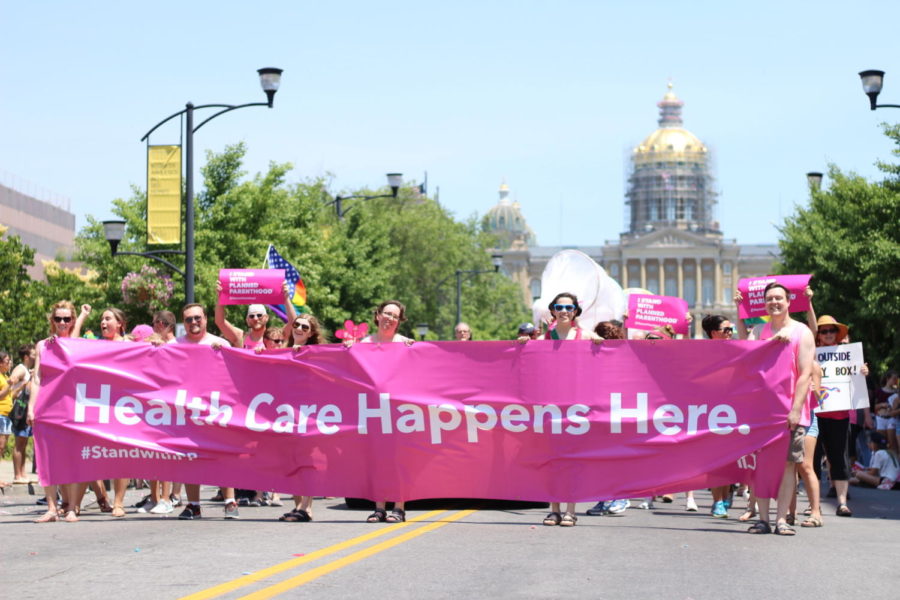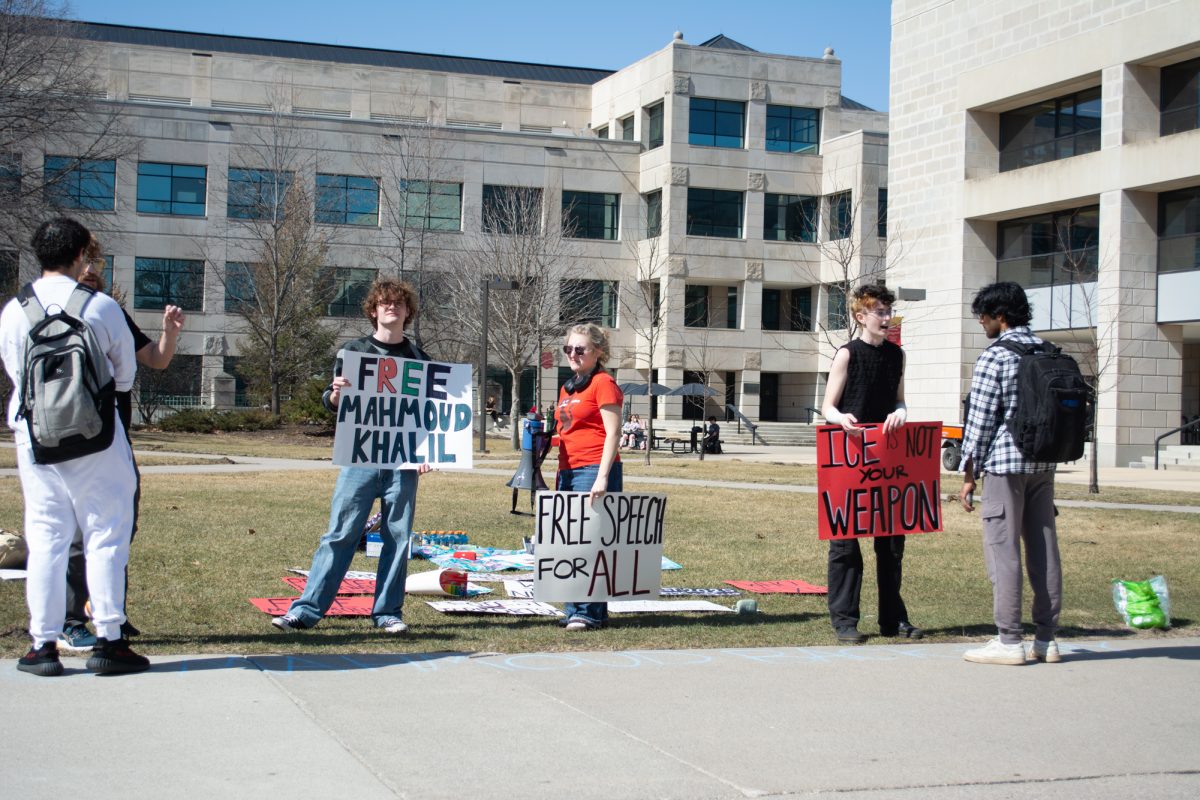Supreme Court case could threaten abortion access nationwide
March 5, 2020
The debate on abortion rights was once again brought to the Supreme Court on Wednesday.
The case of June Medical Services v. Russo appeared before the court for opening arguments Wednesday.
The plaintiff, June Medical Center, argues a Louisiana law would impede upon their ability to provide abortion access by forcing providers to have admitting privileges to local hospitals.
“What they would do is discourage providers from offering abortions as a medical service,” said Karen Kedrowski, director of the Carrie Chapman Catt Center. “If there are fewer clinics and fewer doctors that means abortion is less available to women. It would not go as far as to ban abortion, but it would make abortions more difficult as a medical service for women to get.”
Rep. Mike Johnson, R-La., said the reason for these restrictions is to protect patient safety, NPR reported.
“There is a long record in Louisiana, as there are in other states, of really gross violations of health and safety stands in the industry,” Johnson said.
Alexis McGill Johnson, acting president of the Planned Parenthood Federation of America said in a statement reproductive freedom is on the line with this case.
“Access to basic health care including abortion and birth control is hanging on by a thread,” McGill Johnson said in the statement. “The Trump administration is doing everything it can to take away our rights and our freedom to control our own bodies, lives, and futures. Enough is enough. The American people want more health care, not less, and they want real solutions and an end to political attacks against basic health care. Planned Parenthood Action Fund will continue working to ensure every person can access the care they need, no matter where you live, how much you earn, or who you are.”
In 2016, a case in Texas with similar circumstances to June Medical Services v. Russo resulted in the Texas law being struck down by the Supreme Court in a 5-4 ruling.
Justices Brett Kavanaugh and Neil Gorsuch were appointed to the court during the Trump administration, after the 2016 ruling.
In the 2016 case, Justice Anthony Kennedy was the swing vote, but now since he has retired, Kedrowski said the public is looking to these new justices to see how they will vote.
“Kavanaugh has been fairly outspoken in terms of his opinions about executive privilege and about Roe v. Wade, but what we see especially with Kavanaugh is that this is the first case with abortion that he will be weighing in,” Kedrowski said. “There is great hope for him on one side and dread or dismay on the other side.”
Kedrowski said both sides know Kavanaugh is personally opposed to abortion, but the question is whether he will vote with that in mind. Kedrowski said he could be like Sandra Day O’Connor who was the first female judge, appointed by President Ronald Reagan.
Day O’Connor was personally opposed to abortion, but Kedrowski said she believed in the precedence of the law, and since Roe v. Wade was settled law she overlooked her personal beliefs.
“[Roe v. Wade] is there, and it is the precedent that has been upheld over and over again, so we don’t know how Kavanaugh is going to feel about the strength of the precedence,” Kedrowski said.
Kedrowski said these restrictions are purposely looking to threaten Roe v. Wade.
“State legislatures are passing laws that are pushing the envelope in the hope that they will go to the Supreme Court and that a court of a different composition will overturn Roe v. Wade,” Kedrowski said.
If Roe v. Wade were to be overturned, Kedrowski said it will then be up to the states to decide whether abortion is legal within their state. As of now, there is only one state that has no abortion clinics or providers: Missouri. Kedrowski said she guesses there will be a dozen states or more that would ban abortion in their boundaries.
Kedrowski said although this is a law in Louisiana, it still could have an impact on women in Iowa because it could inspire Iowa legislators to adopt similar restrictions, even while Roe v. Wade stands, having a “dampening effect” on abortion access.







